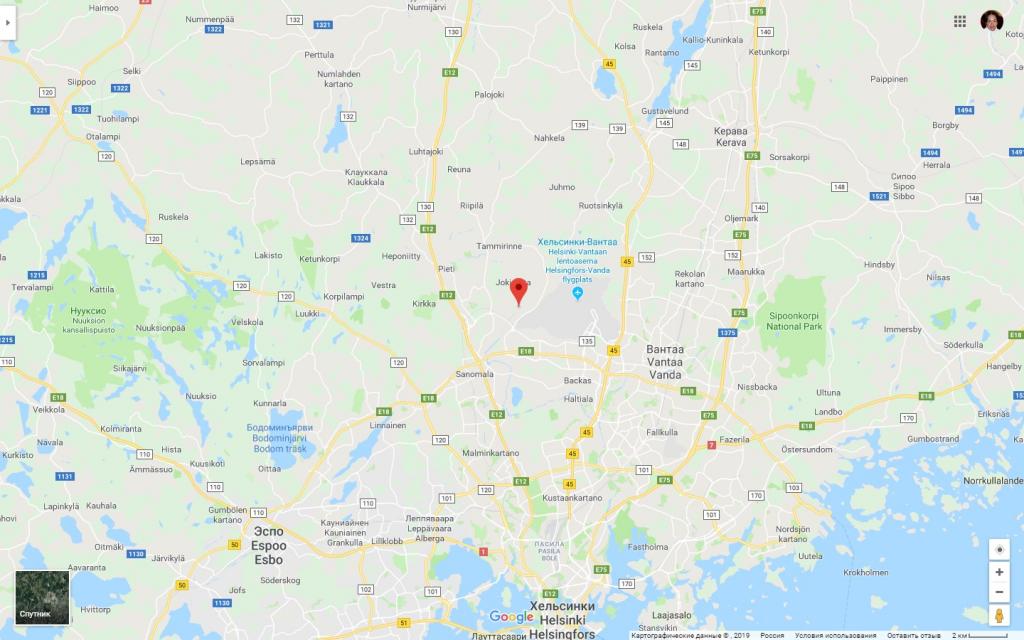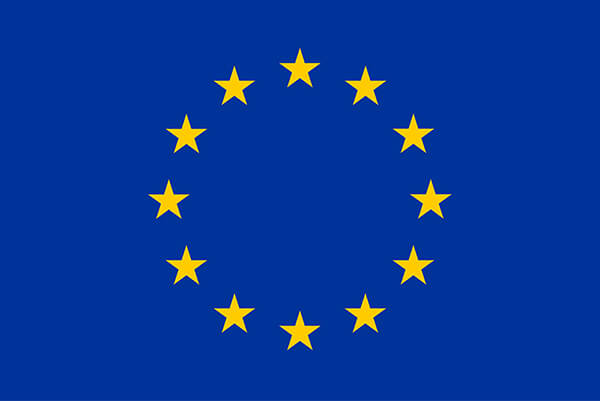Study trip to Finland in the framework of project КА5016

On May 19-24, 2019 a group of experts from Karelian republican center for hydrometeorology and environmental monitoring (KarChem) took part in a study trip to Finnish Environment Institute (SYKE) and Finnish Meteorological Institute (FMI).
In the course of workshops the study trip group learned about equipment used, personnel certification, databases and discussed factors influencing trustworthiness of chemical tests results and the impact of errors that lead to distortion or divergence of final results of chemical analyses.
Study trip sites:
Online water quality monitoring station (Pitkäkoski, Vantaa)
Constructed wetland Rantamo-Seitteli (in Tuusula area)
SYKE – laboratory, central office
FMI - air chemistry laboratory, urban air quality laboratory, radioactivity laboratory and the national reference and calibration laboratory for air quality measurements.
The key goals of the trip were:
- Study of convergence of results of hydrochemical monitoring carried out in Finland and in Russia for environmental monitoring of cross-border waterbodies.
- Getting familiar with technical properties of automatic hydrochemical complexes (AHCC) and arrangement of air quality observation stations, used in Finland. Visual survey of the existing AHCCs, methods of location and calibration of metering equipment.
SYKE experts shared information on hydrological and hydrochemical monitoring in Finland, sampling techniques and equipment and gave KarChem experts a general presentation of layout of an online water quality monitoring station on Vantanjoki river.

Experts exchanged information on conditions and terms of sample delivery for analysis, sample admission rules, conditions and time limits for sample storage depending on the parameter analyzed and the guidelines for sampling documenting.
Participants of a work meeting expressed a collective opinion on prospective viability of automation of the process of hydrochemical monitoring of waterbodies, especially cross-border ones, and discussed central problems with maintenance of modern automatic equipment.
On the second day of the trip participants were given an opportunity to see a constructed wetland in the area of Tuusula, with the system for purification of Seittelinlahti tributary that is polluted when flowing through an agricultural area.
In the SYKE laboratory Karelian experts visited the laboratories for heavy metals, toxicology, gas and liquid chromatography. Their colleagues from SYKE described the procedures for acceptance and registration of samples in the laboratory, demonstrated specialized software that allows to track a sample from laboratory admission up to the end of analyses and reporting to the customer.
In January, 2019 during intercalibration (comparative tests) in the framework of KA5016 revealed significant discrepancy in measurement of suspended solids. SYKE study trip agenda included the demonstration of a water sample analysis for this parameter with participation of KarChem staff. Getting familiar with the analysis procedure made it possible to reveal the difference in methods that caused difference in results, namely the use of filter of different diamters and analysis of a different amount of a sample.
SYKE experts also told about a system for testing of proficiency used in Finland (Prof Test) and about certification of qualified sampling personnel.
During the first part of a seminar KarChem shared their experience of monitoring of the state of waterbodies. The parties discussed differences in the execution of observations and peculiarities of arrangement of actions and submission of information.
The second part of the seminar was devoted to the databases formed during monitoring activities. The parties discussed all pros and cons of existing measurement systems. For instance, in Finland any citizen can report non-sustainable factors they observed on the website of SYKE but verifying such information can be very tough. Therefore, publishing such information for the broad audience is a questionable move. In the Russian Federation all published data should be checked beforehand hence data on factual conditions is usually published in a generalized way for a past period. A very limited list of meteorological data is published in an online mode. However, as a result of project implementation, several waterbodies will be constantly monitored and data on the qualitative state of the watercourses in an online mode will be broadcast on the KarChem website.
Sari Mitikka (SYKE hydrologist) gave a detailed presentation of the software and storage of databases in Finland. As a follow-up Heli Hiltunen (project manager of Arbonaut) presented a digital platform Vesinetti and described the functions of software developed by Arbonaut.
At the end of the seminar the parties went back to the intercalibration results and made a joint decision to prolong the activities with the use of proftests prepared in the SYKE laboratory.
In Finnish Meteorological Institute research manager Jussi Paatero gave an overview of primary activities of a state agency FMI.
Service group expert Katia Loven presented methods for assessment of a qualitative state of atmospheric air and computing models of contaminant dissemination.
In the air chemistry laboratory the staff told about research carried out and location of atmospheric air pollution observation sites in Finland and demonstrated the equipment used for sampling and analyses.
Obtained information on the organization of the monitoring systems in Finland and Russia will be very useful for further work in the framework of project KA5016 and further development of cross-border cooperation in general.
The parties discussed the timeframe of a return visit aimed at presentation of KarChem activities and automatic equipment that is being procured for hydrochemical monitoring of waterbodies in the framework of the project.










